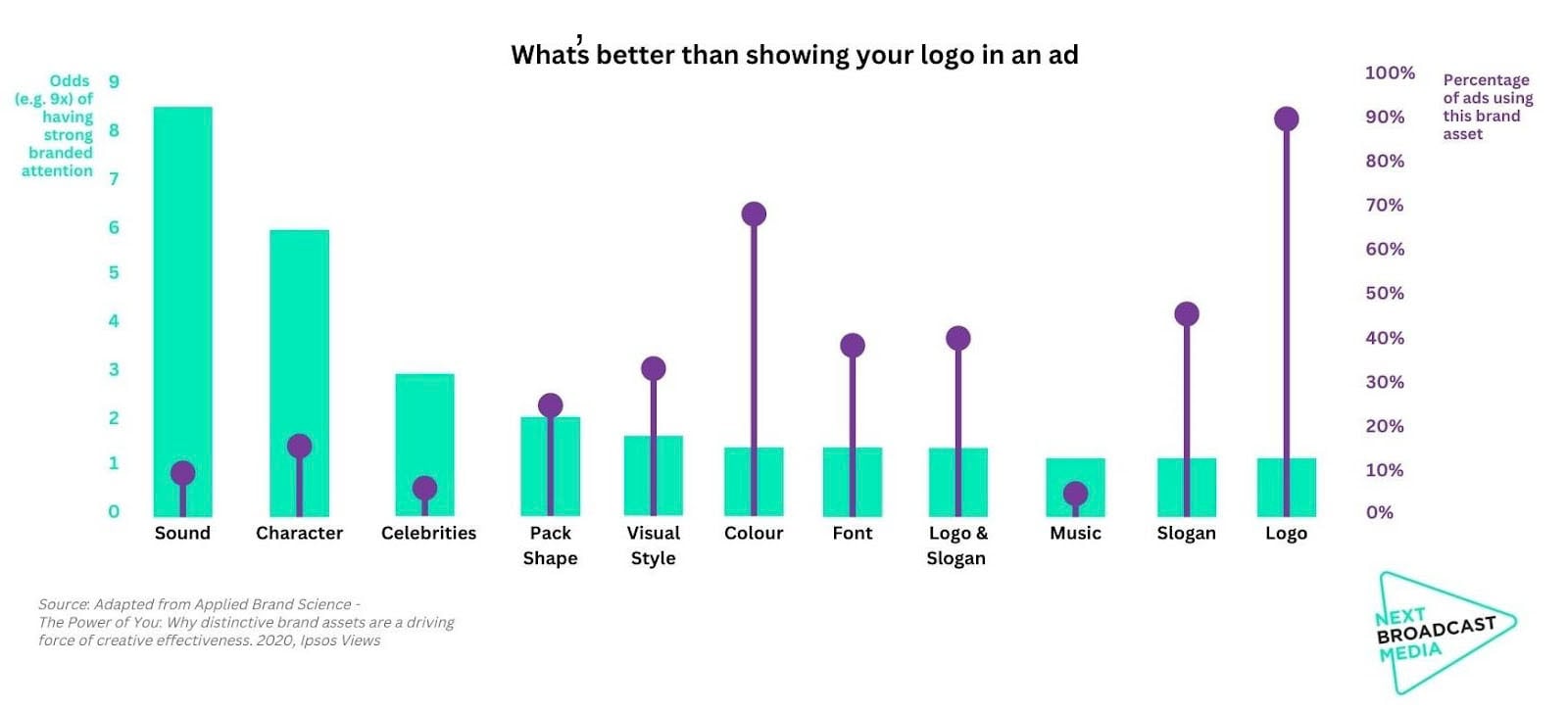By Suzi Kuban, CCO, Next Broadcast Media

A customer’s mind is prime real estate and in a world saturated by competition, that space is valuable. Achieving the status of being the first product or brand customers recall is, of course, the ultimate marketing goal. Research and case studies indicate podcast advertising is now an integral part of the branding arsenal needed to achieve this ambition. Yet despite these unarguable reports many businesses are still not prioritising digital audio in their brand strategies.
Speaking for Next Broadcast Media, a digital audio advertising network, commercial director Lemya Soltani, says “Podcast popularity is massive and the advertising ROI studies are compelling, but we do encounter client hesitancy. Of course, when a new media appears it can take time for wide marketing adoption. But the rapid growth in listenership means brands that are hesitating are quickly falling behind. And the ones that are utilising digital audio are propelling their business forward, capturing customers’ attention and placing themselves firmly in the front of customers’ minds.”
A study by Ispos titled the Power of You shows brand recall goes way up when using sound in branding efforts, yet is significantly under used – only 6 per cent of those studied used sound.
Brand recall is particularly significant for business success. When customers can name the brand and explain what it offers with minimal prompting, it indicates the likelihood of an actual purchase. Notable data states podcasts generate up to 4.4x better brand recall than display ads on other digital media platforms.
Of all sectors, brands within Consumer Packaged Goods (CPG) can particularly benefit from effective brand recall efforts. Being products likely found in most households and purchased consistently, consumers are often faced with shelves of similar products with similar claims.
According to Nielsen’s Podcast Ad Effectiveness Study from 2021, podcasts could be the difference between a CPG product being selected over another. The study cites a 37 per cent lift in awareness and 18 lift lift in purchase intent for CPG brands running ads on podcasts.
Podsights Q1 2022 Benchmark Report reinforces these promising stats, by finding CPGs podcast ads achieve a 28 per cent conversion rate, which is the highest of all the ad categories measured. Fundamentally this means listeners were more likely to take action when the ad pertained to a CPG product, than any other sector.
Haleon, the multinational consumer healthcare company, is one such MNC that added digital audio to their marketing mix for Panadol Migraine.
Alina Sukhar, Publicis senior media manager for Panadol says “We’re aware that our customers, like us all, consume enormous amounts of information across multiple screens. There is a lot of noise to cut through. With digital audio, we can engage with our audience one-on-one, throughout their daily routine: whenever they are listening to their favourite song while exercising or getting entertained through podcasts on their commute”.
In a recent campaign for the over-the-counter medication Panadol Migraine, Publicis teamed up with Next Broadcast Media to distribute audio ads across local and international podcast shows, music and webradio targeting adults in the UAE.
“It’s because of the widespread effect on the population, we knew podcasts would be an important channel for our campaign. It has wide reach, and incredible awareness and recall capabilities” says Areej Yacoub, pain marketing manager at Haleon.
“Through the audio creative we could tell a story and show how our customers can enjoy everything they love to do without the pain.” adds Yacoub.
The audio advertising delivered strong ROI, with post campaign studies revealing significant uplift in the product and brand’s likability and interest.
As evident in the stats and Panadol Migraine case study, podcast advertising builds brand recall potential through its uncanny ability to support key determining branding factors like capturing customers attention, creating stories, and reinforcing a brand message.
“Part of the reason why digital audio ads work for brand strategies is because customers hear the entire marketing message. There is limited skipping.” says Soltani.
In a recent podcast listeners study only 12 per cent stated they always skip ads, and 33 per cent said they “never or rarely” do. Thirty-eight percent said they skip “only sometimes.” Compare this to 65 per cent of people who say they always skip online video ads.
“Low ad skipping in podcasts means better storytelling, because you get more than five seconds. Moreover, you get the benefit of voice which humanises a brand. Voice actor expression and character develops the connection and emotion needed to build recall” adds Soltani.
Brand recall is the ultimate business desire because it leads to long-term brand loyalty and increases the shot of referrals and repeat purchases. Podcast ads are proving to be part of what’s necessary to achieve this ambition. Nielsen Podcast Ad Effectiveness insights found that podcast ads drive an aided brand recall rate of 71 per cent. With research and case studies backing its effectiveness, the brands utilising this medium will be grabbing the lion’s share of voice – and sales.









